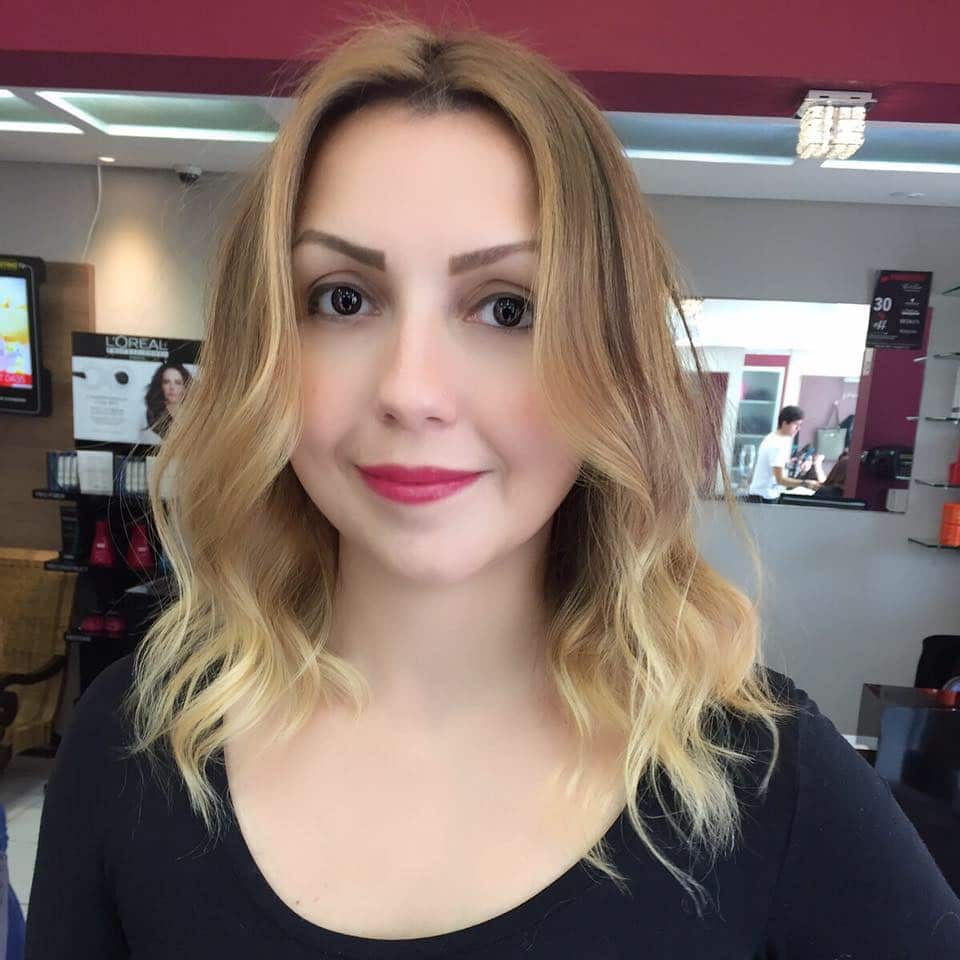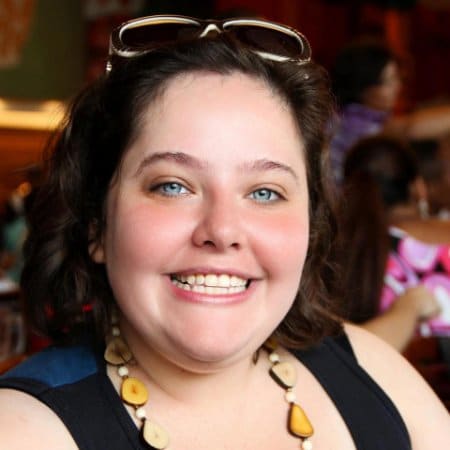“Reading” is the answer to the ultimate question of life, the universe and everything
David Crystal once said that the biggest challenge for teachers is “without a doubt to keep pace with the language change”. And I could not agree more! Now, my question is. How to do it? How to keep pace with one of the most complex aspects of human behaviour?
Taking into consideration that many countries, states, cities, towns, regions, areas, and tribes are alive and changing, developing, building language by the second, how are we supposed to keep track of it to then help our students?
“Watch TV series online, you say?” “Sure”. I do agree that they have a lot to offer, especially after you get to know a character well enough to understand the jokes and get the expressions that are being used in a certain frequency. However, some say that these are scripted, therefore they are not presenting real-life conversations, and we may lack in acquiring intonation, improvised exchanges, amongst other things. Also, for visual students, the acquiring of vocabulary will only happen if the English subtitles are being displayed. Otherwise, you might listen to a very cool expression, or even to some slang, but you the likelihood of you using it after is minimal.
“Alright, watch talk shows, then.” “Of course!” In my humble opinion, these are great! Especially “The tonight show starring Jimmy Fallon”. In these cases, very few things are scripted, thus real-life intonation and improvised conversations can be used as models. There are also authentic comebacks and unexpected reactions, which makes the whole “meaningfulness and reality issues” all present. But again, if the student is not frantically taking notes or using English subtitles, little is going to be really acquired and used in future productions (being written or spoken).
“Ok…so…. Reading?” “Yeah!” It covers the ‘taking notes’ and ‘reading the English subtitles’ problem. Moreover, according to the NEA (The national education association) the number of children who read or were read to three or four times a week were more likely to recognise all the alphabet, count to 20 or higher, write their own names and start reading on their own sooner compared to children who had not had the same exposure.
“Oh… but I don’t really like reading books.” “That’s not a problem!” Reading is the answer to the ultimate question of life, the universe, and everything! You can read literature, more contemporary or technical books, graphic novel, comic books, the news, whatever your interest takes you – all for the sake of learning and acquiring new vocabulary!
References:
Crystal, D. (2013) The biggest challenge for teachers. British Council Serbia.
https://www.youtube.com/watch?v=ItODnX5geCM
Clouse, B. (2016) Reading is the Key to success. EDUCASIC.
https://medium.com/@educasic/reading-is-the-key-to-success-4a94e56ff0e3
(Not dated) Why is reading so important? Pearson UK.




